Iran president renews ultimatum over nuclear pact compliance
Tehran stopped complying in May with some commitments in a 2015 nuclear deal that was agreed with global powers
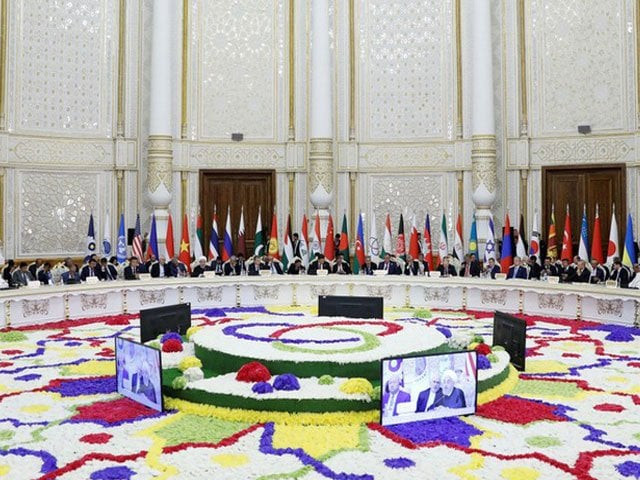
Participants listen to Iranian President Hassan Rouhani, who is seen on screens, during the Conference on Interaction and Confidence-Building Measures in Asia (CICA) in Dushanbe, Tajikistan June 15, 2019. PHOTO: REUTERS
'Alarming accusations': Iran says Trump trying to scapegoat Tehran over tanker attacks
Iran stopped complying in May with some commitments in a 2015 nuclear deal that was agreed with global powers, a year after the United States unilaterally withdrew from the accord and tightened sanctions.
Tehran said in May that Iran would start enriching uranium at a higher level unless world powers protected its economy from US sanctions within 60 days.
“Obviously, Iran cannot stick to this agreement unilaterally,” President Hassan Rouhani told the Conference on Interaction and Confidence Building Measures in Asia.
“It is necessary that all the sides of this agreement contribute to restoring it,” he said, adding that Iran needed to see “positive signals” from other signatories to the pact, which includes Russia, China, Britain, France and Germany.
He did not give details on what actions Iran would take or say what positive signals Tehran wanted to see.
France and other European signatories to the deal, which aimed to curb Iran’s nuclear ambitions, have said they wanted to save it, but many of their companies have cancelled deals with Tehran, under financial pressure from the United States.
US 'not looking for regime change' in Iran: Trump
Western powers have accused Iran of seeking to develop nuclear weapons; a charge Tehran denies saying it wants nuclear technology for peaceful purposes.
Rouhani made no mention of attacks on two tankers in the Gulf of Oman this week which Washington has blamed on Tehran, raising a concern about new confrontation. Iran has denied any role in the attacks.

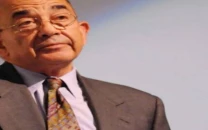


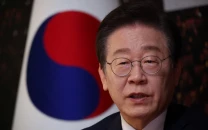
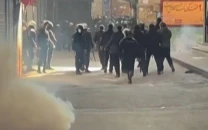
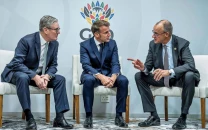












COMMENTS
Comments are moderated and generally will be posted if they are on-topic and not abusive.
For more information, please see our Comments FAQ